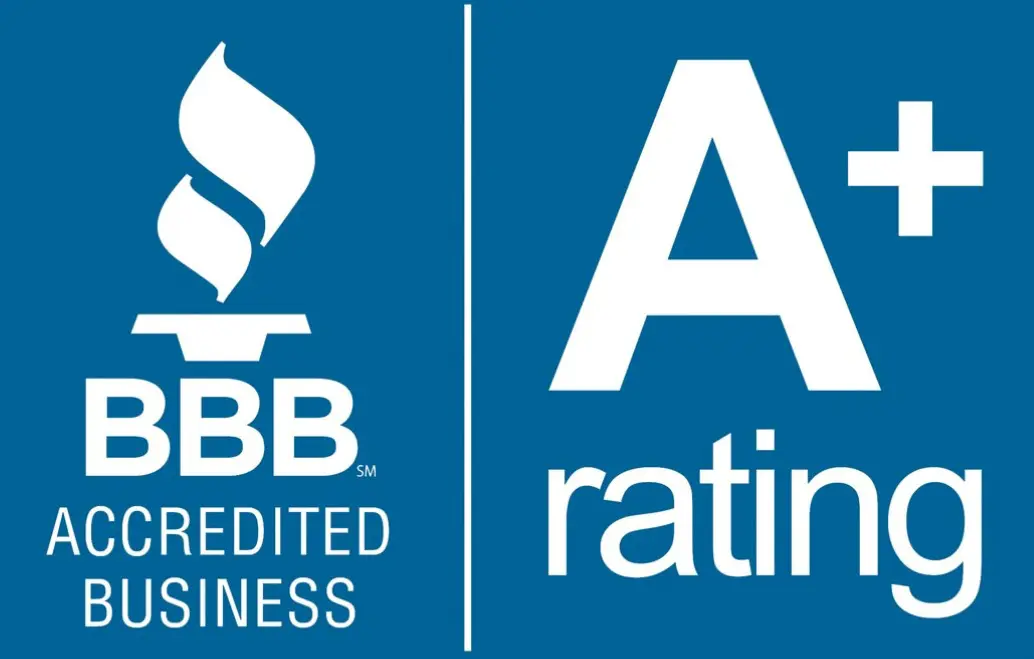5 Key Elements to Building A High Performing Team

For years, CEOs, consultants, and HR leaders have stressed the importance of building a strong team. While most people understand the importance of building great teams and how it impacts their bottom line, the process to do that seems to elude many. Here are six factors that can make or break a team, and what you can do to improve each one.
Roles and Responsibility
When roles and responsibilities are clearly defined, each team member knows how they contribute. They understand their own value and can value the contribution of team members fulfilling other roles.
If your team is struggling to understand their roles and responsibilities, a team conversation can help everyone gain clarity. During the meeting, identify the top 3-5 things that each member of the team is responsible for. Explain why each of these responsibilities is important.
Your team needs to understand how their roles fit together, and how their daily, weekly, and monthly tasks aid their team members and the company at large. When employees see the big picture, they work more seamlessly as a team.
Take a step back and ask, “What is the purpose?”
One consistent issue found in underperforming teams is a disconnect in the strategic plan and an understanding of its impact on the organization. What value does the team add to the organization? How can you communicate that value in a unifying message? What is the purpose of each team member? How do their goals, values, and development plan align with the overall mission of the organization?
As a leader, answering and understanding these questions can drastically shift the mindset and performance of your team, but only if it is communicated properly. As a former boss always told his leadership team, at the end of the day stay focused on the goals and objectives of the organization and avoid “noise and distractions” that can hinder this accomplishment.
High-Performance Coaches
The leaders of your team are also the coaches. It is their responsibility to promote, develop, and reinforce positive performance. Align the purpose of the team and each member with the vision and goals of the organization.
Coaches also directly intervene to implement positive teamwork processes and provide pertinent team updates. If your team has been failing to perform at their highest potential, it may be a lack of sufficient coaching that is hindering the team.
Trust and Familiarity
Managing a team that lacks trust in one another isn’t managing a team at all. It is managing a group of individuals, working on the same projects, often delivering mediocre results. When team members are confident that they can trust and count on one another, morale and productivity increases.
Facilitating trust among team members begins with managing the workplace culture. In a positive culture, each team member is viewed as a valued asset. Infighting and gossip should be stopped before it gets out of hand. This can be controlled by establishing an open-door policy and creating peer mediation groups if necessary.
Team Norms
Norms are the set of unspoken rules that govern how people interact with one another. In personal relationships and interaction, it is common for these rules to remain unspoken but understood. In professional settings where multiple people work together, it may become necessary to discuss and agree on these rules with your team.
This type of discussion should be had organically rather than a scheduled meeting. As a leader, you should ask team members to openly discuss how they feel about the interactions of a team.
Prompt the team members with questions such as “Think of the worst team you have ever worked with? Why was the team hard to work with?” Also, ask team members to share their best experiences working with a team. What made this experience great?
This will open up a group discussion around the subject of what makes for good team experiences and what makes for bad ones. Keep track of any suggestions that your team makes during this discussion and help members clarify their expectations to one another.
All of these crucial factors for establishing a high-performing team should be revisited often. Consistently reviewing these factors can help to keep your team performing at their highest potential.

